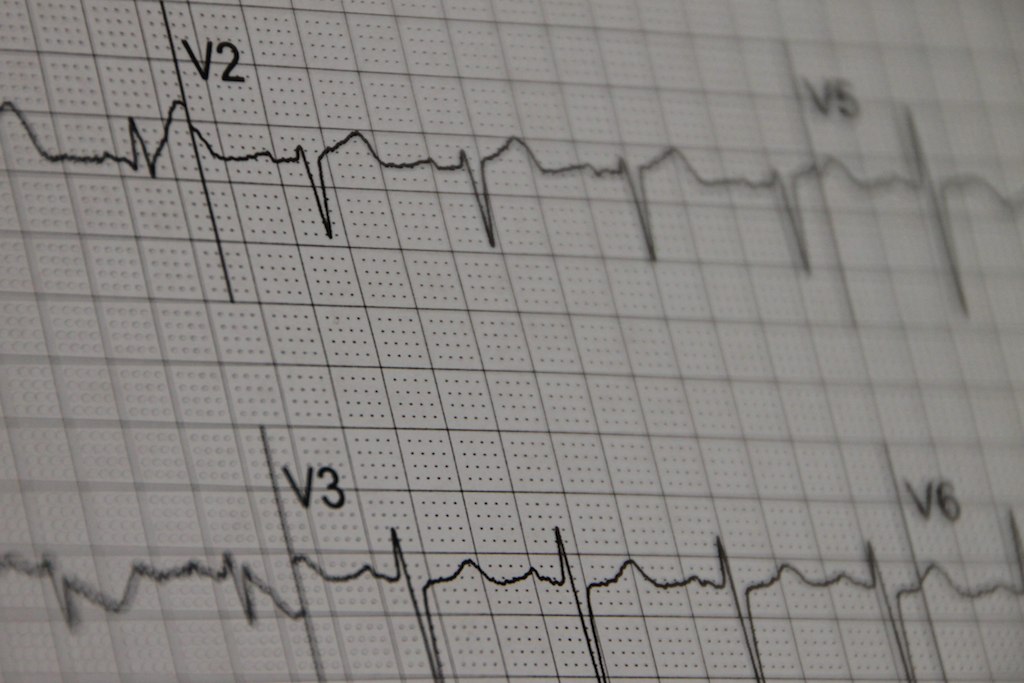When I was a first-year medical student, my friend told me a funny story about his surgery rotation. He had already been with endocrine surgery for several weeks and was getting quite accustomed to the typical workflow. He already had several other rotations under his belt and was starting to feel generally more comfortable as a medical student. Then one day, as they began a thyroid surgery, he suddenly felt his face flush and his vision go blurry. Luckily, someone noticed him on the verge of passing out and he was quickly escorted to a seat. He sat there laughing at the way his body had reacted to something he had already seen several times before.
It’s weird to find out what will affect you so deeply.
As medical students, we often swap stories like this. We bond over moments of almost fainting or our visceral reactions to the shocking encounters we go through in the process of becoming physicians. We often recount what part of live anatomy dissections really got to us. For someone, that may be seeing the face of the cadaver. For another, it may be hearing the sound of bone being cut. For another, it may be seeing the fingernails still painted with nail polish.
There is no telling when those moments will hit you — when that rush of emotion and humanity will rip through your body with indescribable force. Perhaps it is a humbling reminder you are still learning and that this is all still new … but maybe it’s deeper than that.
I will never forget one time I had a moment like this. I had just switched to oncology to explore a subspecialty. At this point in my training, I was no stranger to grim prognoses or severe disease, and I felt up to the task. Wanting to keep humanity present in my patient encounters, I tried to get to know my patients, asking about their children and grandchildren or what they do in their free time. As we treated each of their particularly challenging cases of cancer, our team maintained centering conversations on viewing each patient as a whole person.
While sitting in the workroom and scrolling through the list of 20 patients one morning, a message came in about one of our patients. I opened their chart and scrolled to the recent notes section. A new title I had never seen before popped on the screen. There, at the top of the chart, “Deceased Note” was written in bold letters.
My heart skipped a beat reading those two words. A wave of emotion flooded over my entire body in a way I had never felt before. Team members in the room continued their discussions, but I could not move my eyes from the screen. The words attacked my senses and demanded my attention. My eyes flicked over to the vitals and saw the heart rate at zero. That was when I registered it. That was when I understood it. That was when I fully felt it.
No amount of reading or warning had prepared me for how my entire being would react to those words for the first time. Time stopped for just a moment, even though the world continued around me. Our team responded to the message and placed the right orders. We saw other patients. I went to a conference on some topic. Eventually, I found myself back home trying to study for my upcoming exam. Despite all this, I could not get those two words out of my mind.
They floated there in uppercase letters, as if I were reading them again for the very first time. It was like my mind had never considered my patients could die. I said the words again silently to myself. She was dead. Her chart no longer said “40-year-old female,” it just said “Deceased.” What a terribly formal way of saying that. As I tried to do practice questions, her picture floated back into my mind. Her “Deceased Note,” the chaplain that visited daily, her canceled hospice care transfer, the call to the morgue and the red zero next to her heart rate all circled around and around in my head.
I had never even met this woman, yet she will always be my patient.
As with any new patient I took on, questions began to fill my head and, in her case, tears also came to my eyes. What were her children doing when they heard the news? When was the last time she called her family? What was the last thing she said? Who was going to pick up her belongings? Which doctor was there when she passed? Are they okay?
With time, my thoughts moved to the other patients in the hospital… How many people passed away this morning in the hospital? How many other family members got somber phone calls today?
The questions continued and I began to wonder what I should do with these feelings. Should I just move on? How do I move on?
Who knows how I will let this experience change and shape me? Who knows what I will be like as a doctor in the future? Who knows the tragedies we will face as physicians tomorrow or the next day, as we deal with the raw, untamed world of humans and health? Who knows why certain events suddenly seem to click in the deep recesses of our souls, reigniting emotions that stream through every fiber of our beings?
I do not have the answer to these questions. But what I do know is that today I felt something.
Today, I am just going to sit here and think about my patient, the 40-year-old woman who died this morning.
And I think that is enough for now.
Image credit: EKG (CC BY-NC-ND 2.0) by mgstanton

